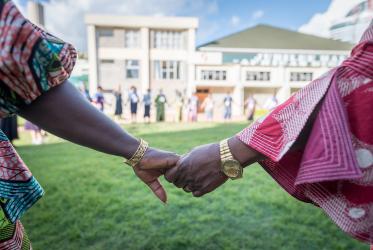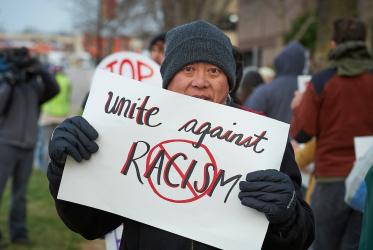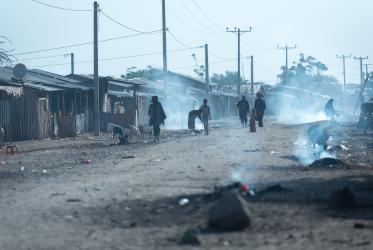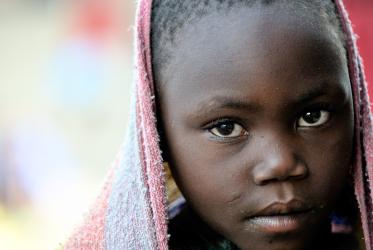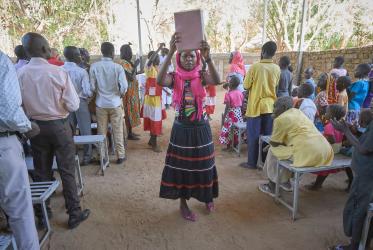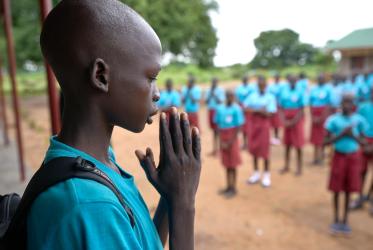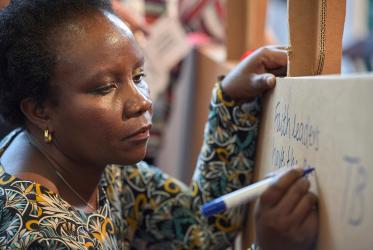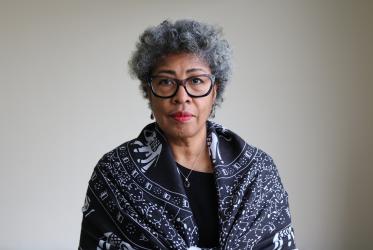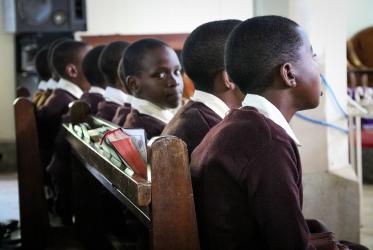Displaying 1 - 20 of 161
21 December 2023
Celebratory event discusses Black leaders’ contributions to WCC
06 September 2023
South Sudan ecumenical leader: Don’t give up on war-torn country
19 January 2022
Perkins names Dr Evelyn Parker as 2021 Distinguished Alumna
11 November 2021


